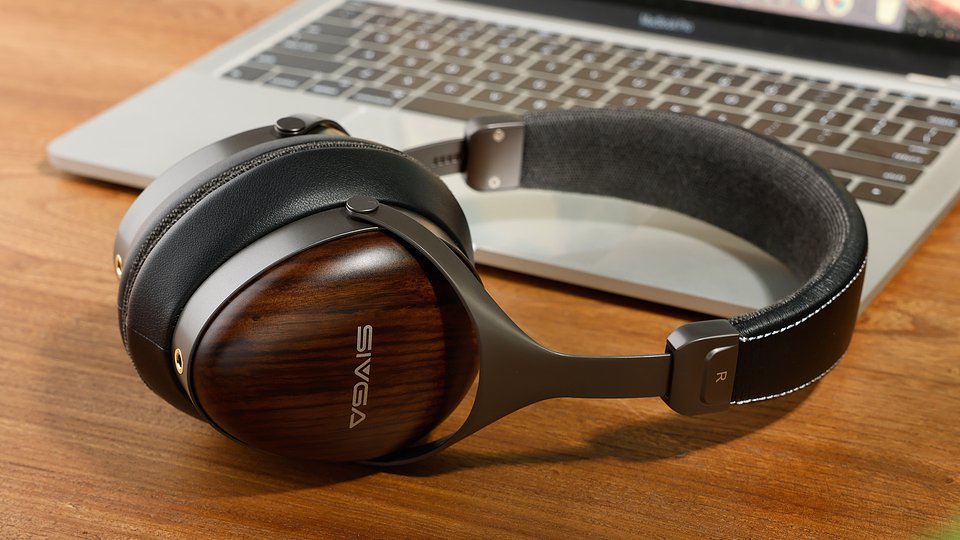How to balance money and happiness as a designer
Explore the importance of discovering your goals and purpose, and why these don’t have to conflict with making money.
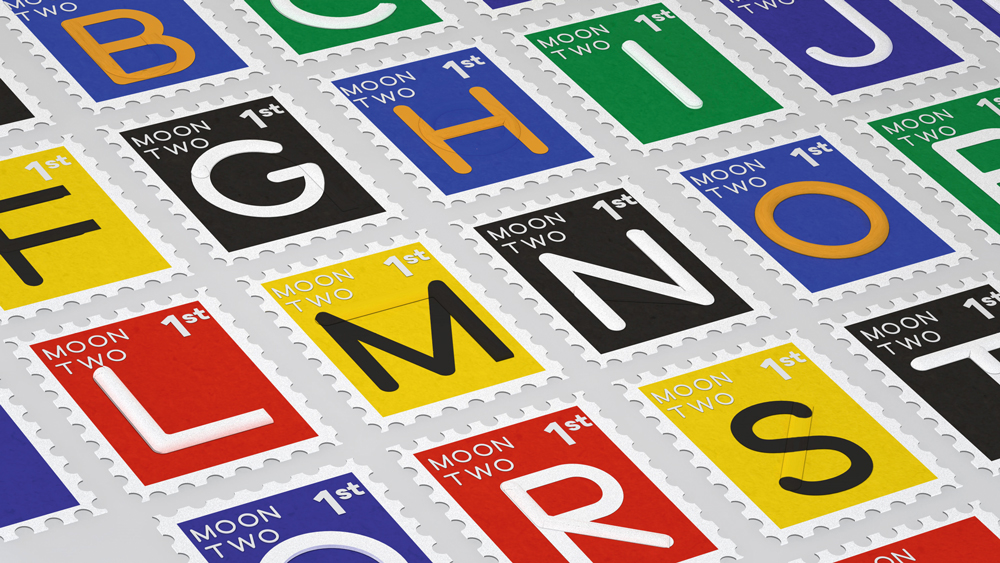
Daily design news, reviews, how-tos and more, as picked by the editors.
You are now subscribed
Your newsletter sign-up was successful
Want to add more newsletters?

Five times a week
CreativeBloq
Your daily dose of creative inspiration: unmissable art, design and tech news, reviews, expert commentary and buying advice.

Once a week
By Design
The design newsletter from Creative Bloq, bringing you the latest news and inspiration from the worlds of graphic design, branding, typography and more.

Once a week
State of the Art
Our digital art newsletter is your go-to source for the latest news, trends, and inspiration from the worlds of art, illustration, 3D modelling, game design, animation, and beyond.

Seasonal (around events)
Brand Impact Awards
Make an impression. Sign up to learn more about this prestigious award scheme, which celebrates the best of branding.
After scrolling deep into an Instagram wormhole, I found this pixelated piece of wisdom: “If you wouldn’t do your job for free, then quit.” You’ve no doubt heard similar advice before, such as: “Do what you love, you’ll never have to work a day in your life.”
Like all good aphorisms, these feel part truth, part fantasy, so I asked Bruce Duckworth, president of D&AD and founding partner of Turner Duckworth, for his thoughts. He agreed that you should love the job you’re doing; "however you shouldn’t do it for free." Damn straight, Bruce. So let’s talk about money, and how it’s connected to creativity.
When I left university, I’d learnt how to think, produce a creative resume, and gained practical skills, but I had next to no knowledge of the commercial world. Unpaid placements were still the norm, and it seemed like working for free was often the price you paid for doing what you loved. But the creative connection to business is fundamental.
"As designers, we provide solutions to commercial problems and opportunities," says Duckworth, "we should understand the commercial part too. When we do, we come up with better creative solutions.” If you understand the value your creativity adds to a business, ask to be paid fairly for it.
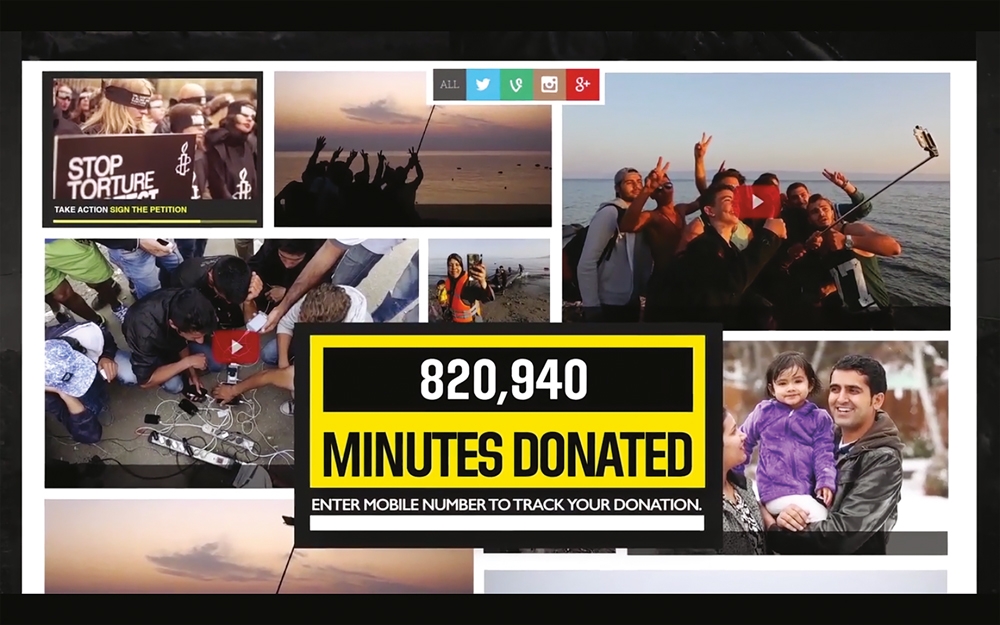
But beware going too far the other way. The allure of exotic holidays and fancy meals out can mess with your priorities. Putting money before creativity will leave you feeling dissatisfied and unfulfilled. And the feeling is compounded because no amount of money will feel like enough to endure the tedium – you’ll always want more. “I’ve always put creative excellence first and money second,” says Duckworth. “If the work’s good enough the money will come. But don’t take your eye off the money for one moment; having it allows you to choose the projects you do.”
Money affords you freedom as a creative, enabling you to derive meaning and purpose from your work. You just have to figure out what it is you want to achieve. For Duckworth, purpose is essential. “Ours is to create work that is influential in the world,” he says, “so to fulfil that, we want to work on the world’s biggest, most influential brands and make everything we do for them exemplary. That dictates everything we do, the size and shape of our business.”
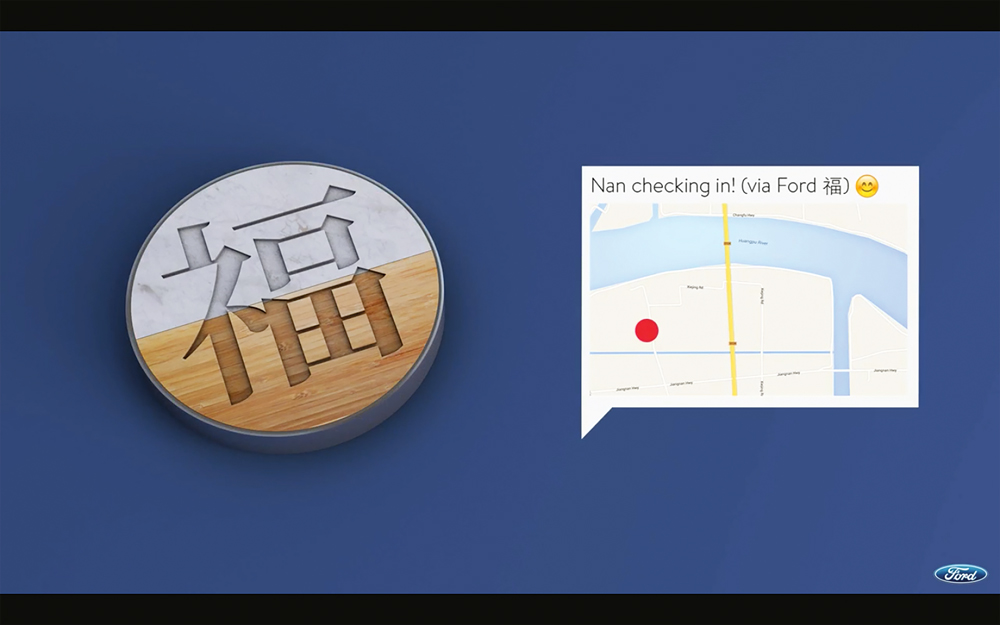
So what’s your purpose? To create a fairer society? Or to help people realise their potential? Whatever it is, ask yourself these three questions: Why is this important to me? What will achieving this goal do to my life? And what will happen if I don’t achieve this goal? Answering these questions makes sure your purpose is true to who you are, and motivating enough to inspire you to act.
Daily design news, reviews, how-tos and more, as picked by the editors.
Right now your goal may seem distant, perhaps borderline impossible. So work backwards to make it manageable. What’s the one thing you can do this year to help you achieve your goal? Knowing that, what can you do this month? This week? Today? Asking these very simple questions will set you on course to get what you want out of your job. It also clarifies your relationship to money. How much do you need? Enough to achieve your goals. Any less and a change needs to happen. Any more is a bonus that can speed up your journey.
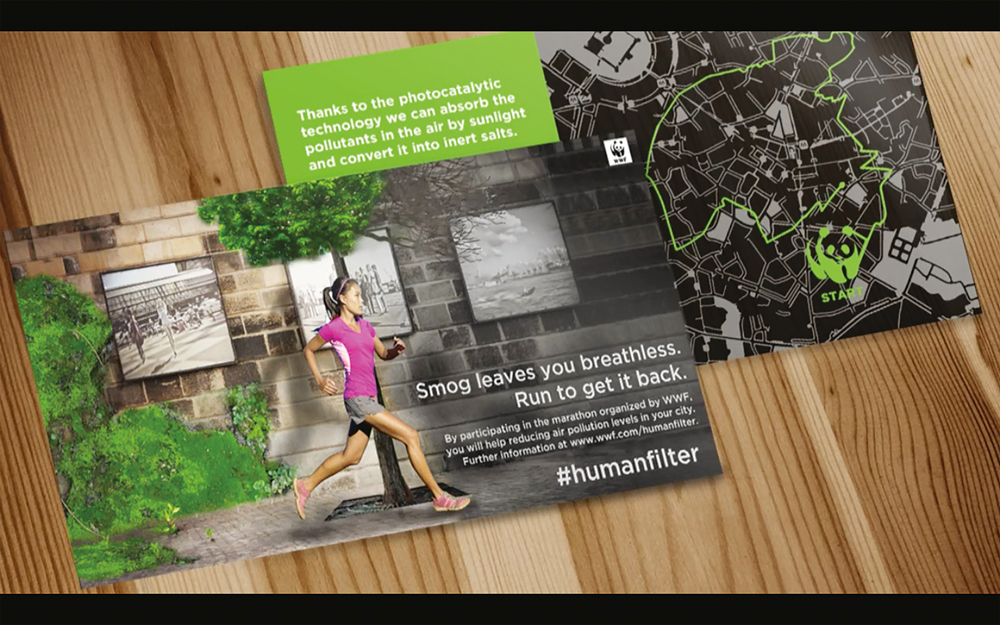
Can you inspire others to help achieve your purpose? My purpose is to use my creativity to build ideas that improve the planet and the lives of the people on it. A bit lofty? Perhaps, but I believe it’s essential. So every time a brief lands on my desk, I ask how I can use the brand’s money and influence to make that happen. After all, doing good is good for business. People buy a brand because it says something about what they believe, so do good and you’ll be attractive to good people.
When you start out, the risks are many and the rewards can seem a long way off. “It’s easier to end up disillusioned and broke than successful,” says Duckworth. “But the pride and satisfaction of creating something new that didn’t exist before, and provides something people want – that’s the real reward.”
This article was originally published in Computer Arts magazine issue 262; buy it here.
Related articles:
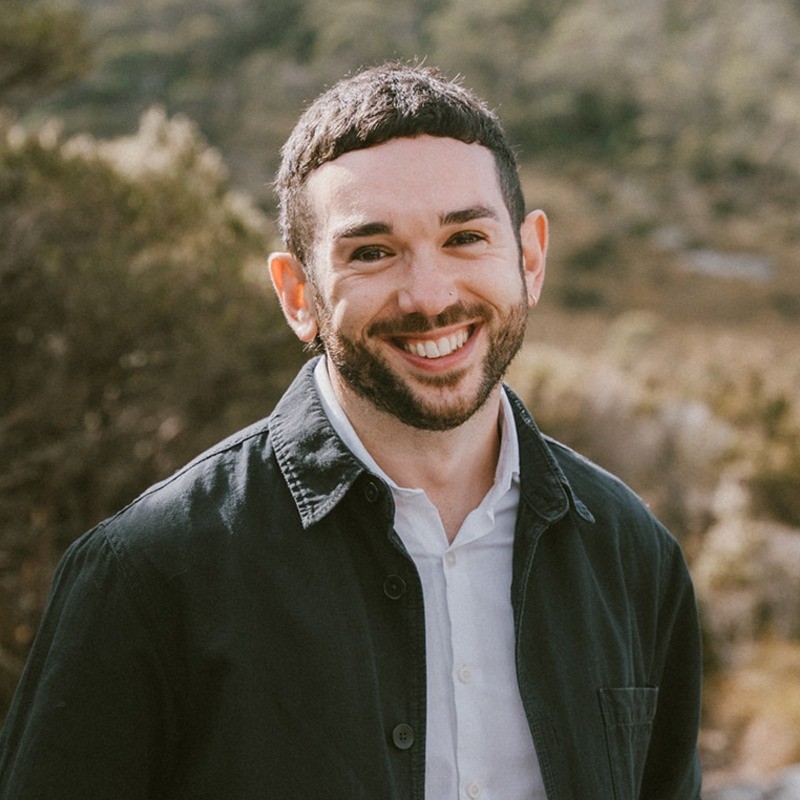
Tom Manning is carpeing all the diems. Attempting not to make advertising as a junior creative at Havas London, he was also elected D&AD New Blood trustee in October 2016. In his spare time he makes, designs and codes fun things on the wild wild web. He wrote this bio himself, in the third person, to try and make it more legit.
